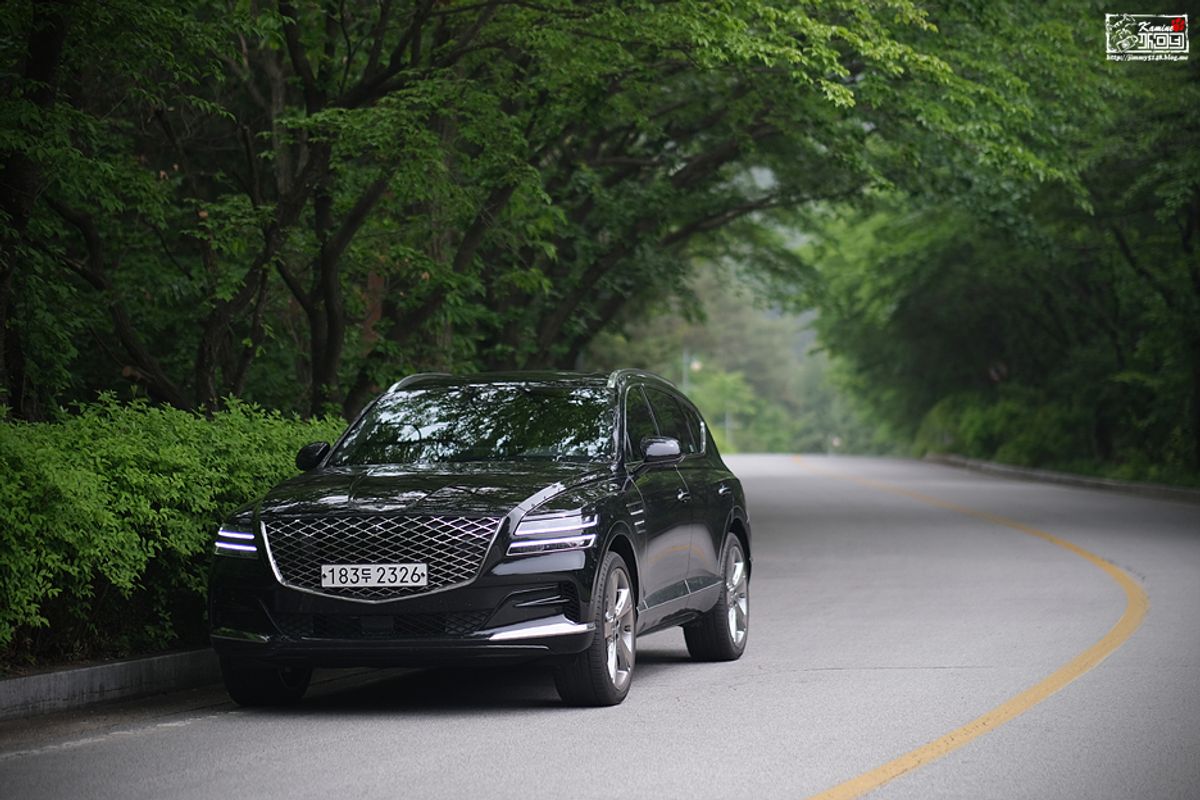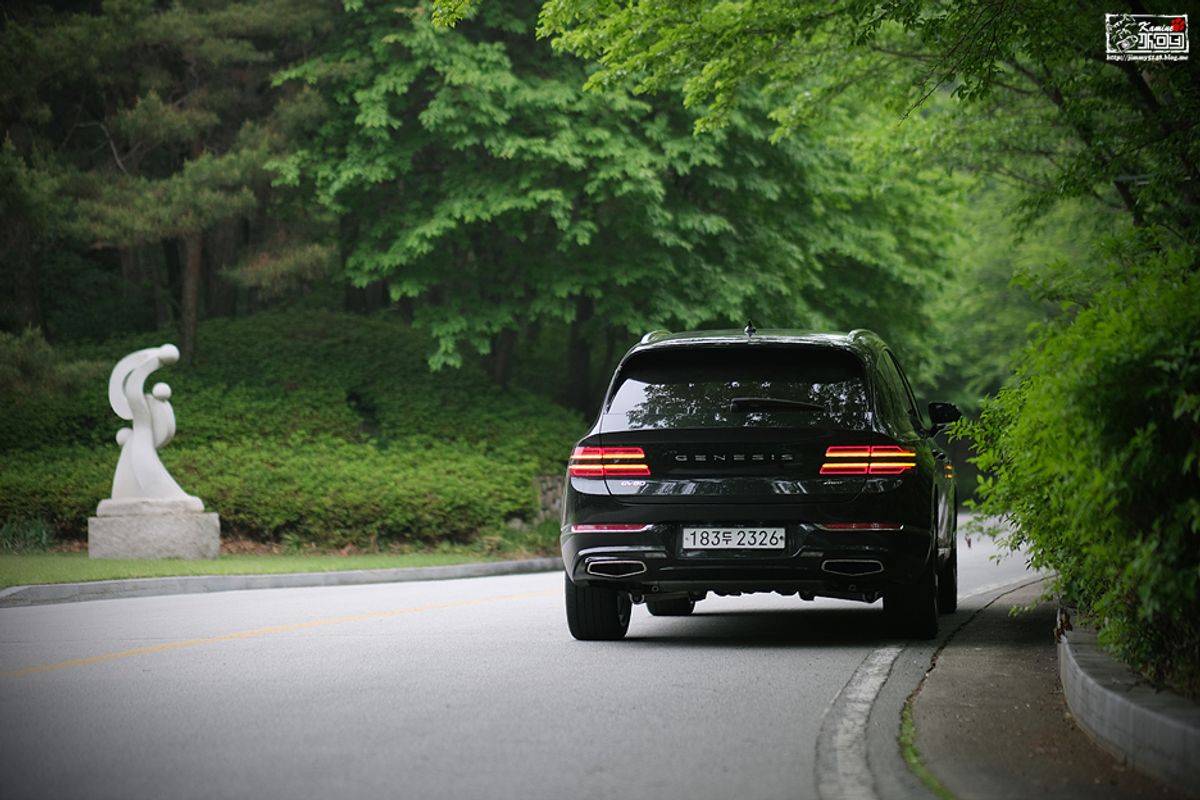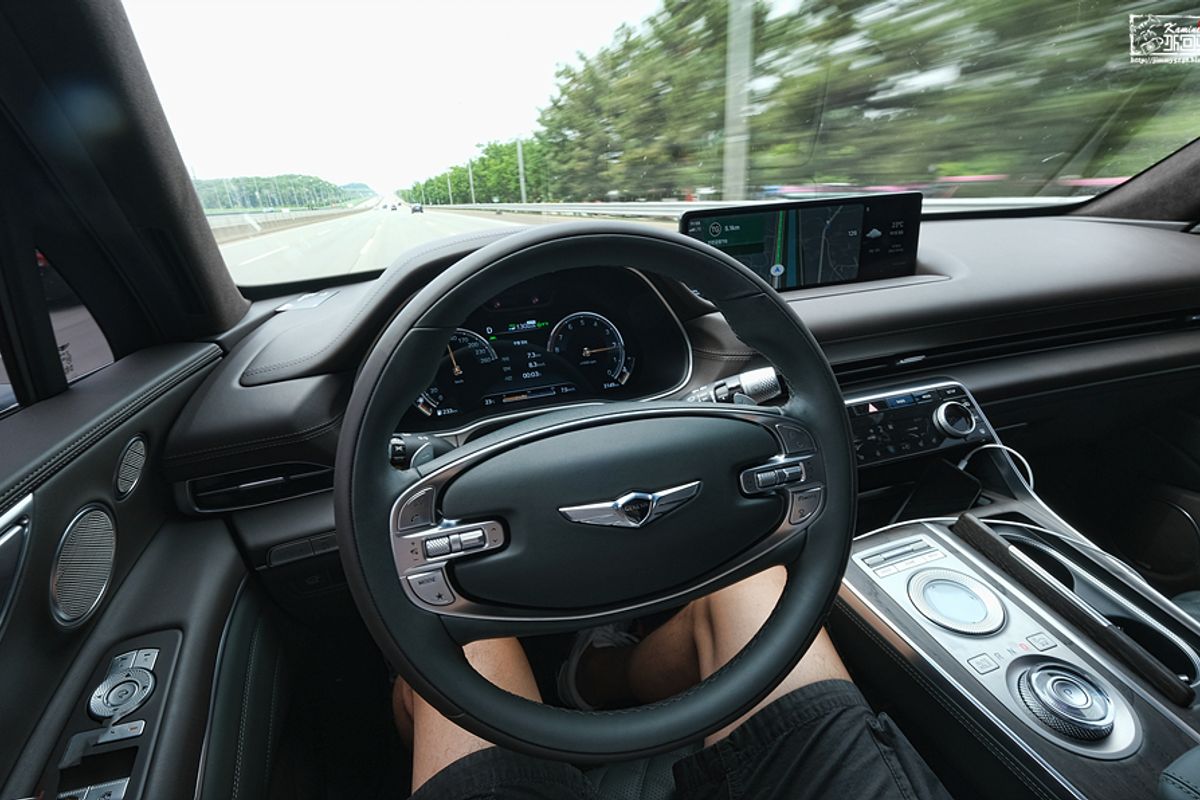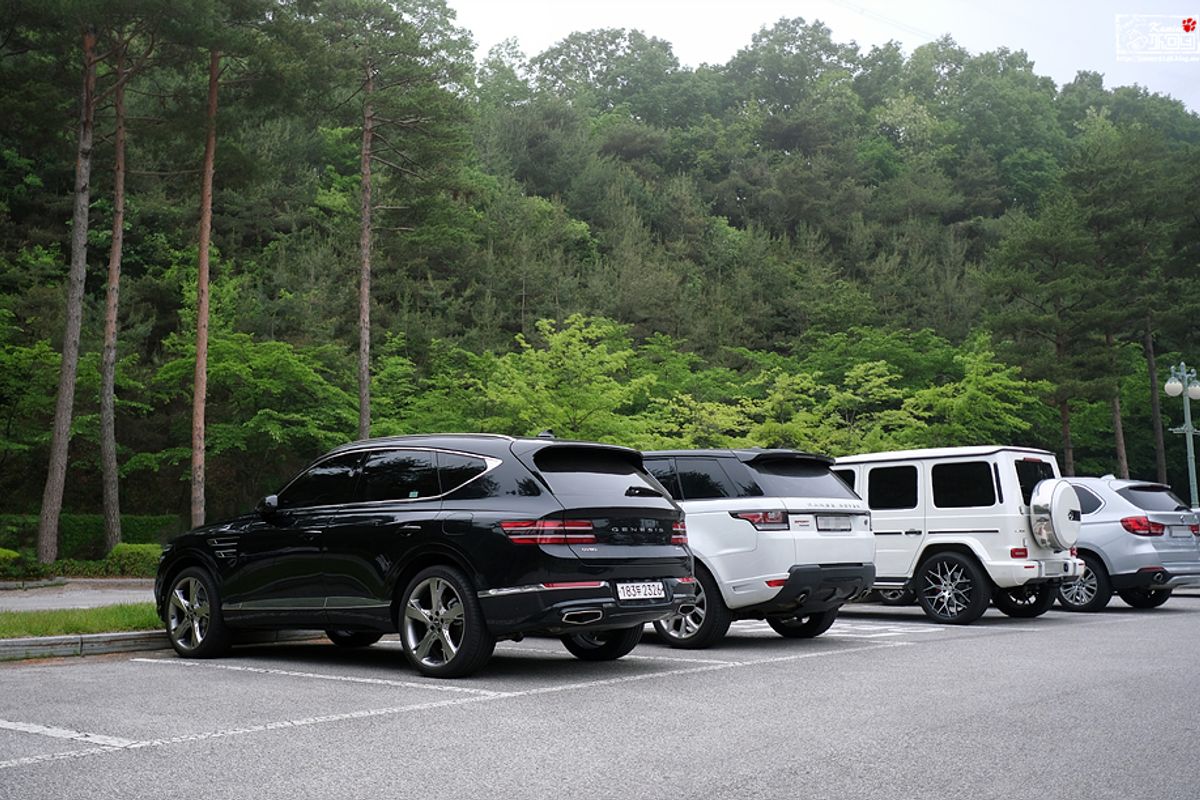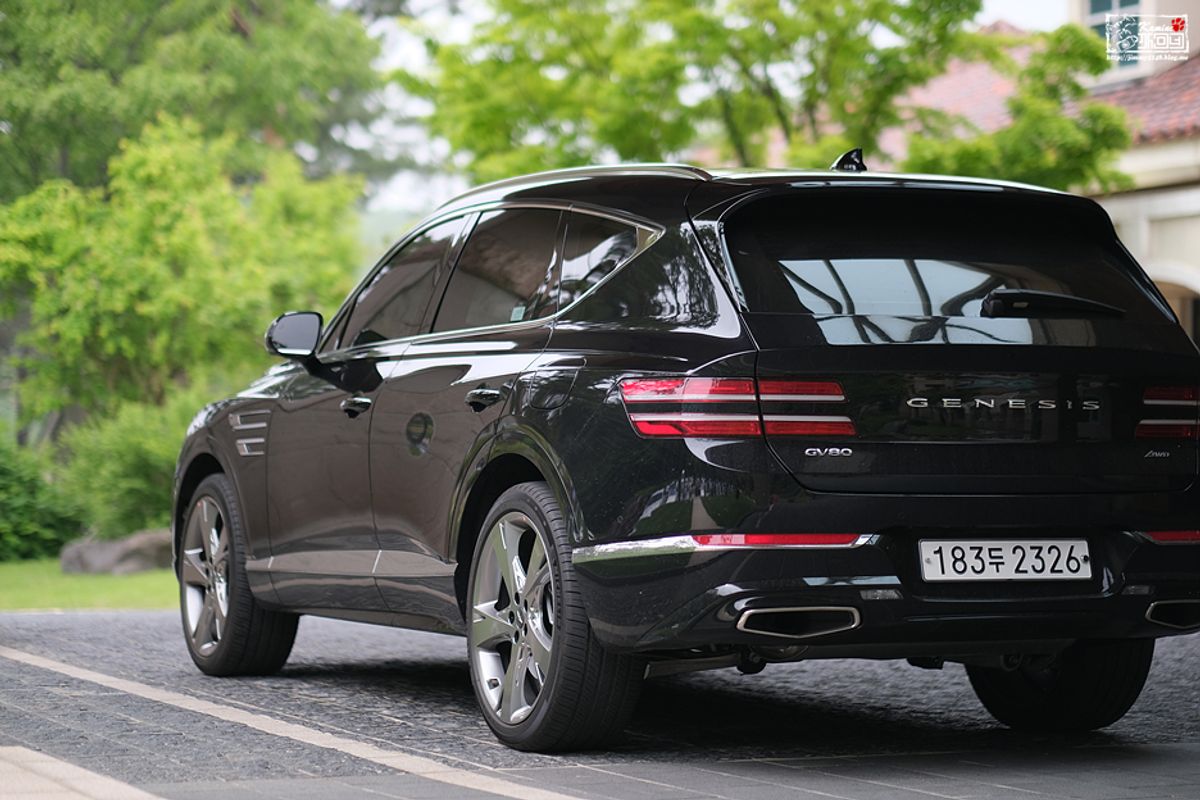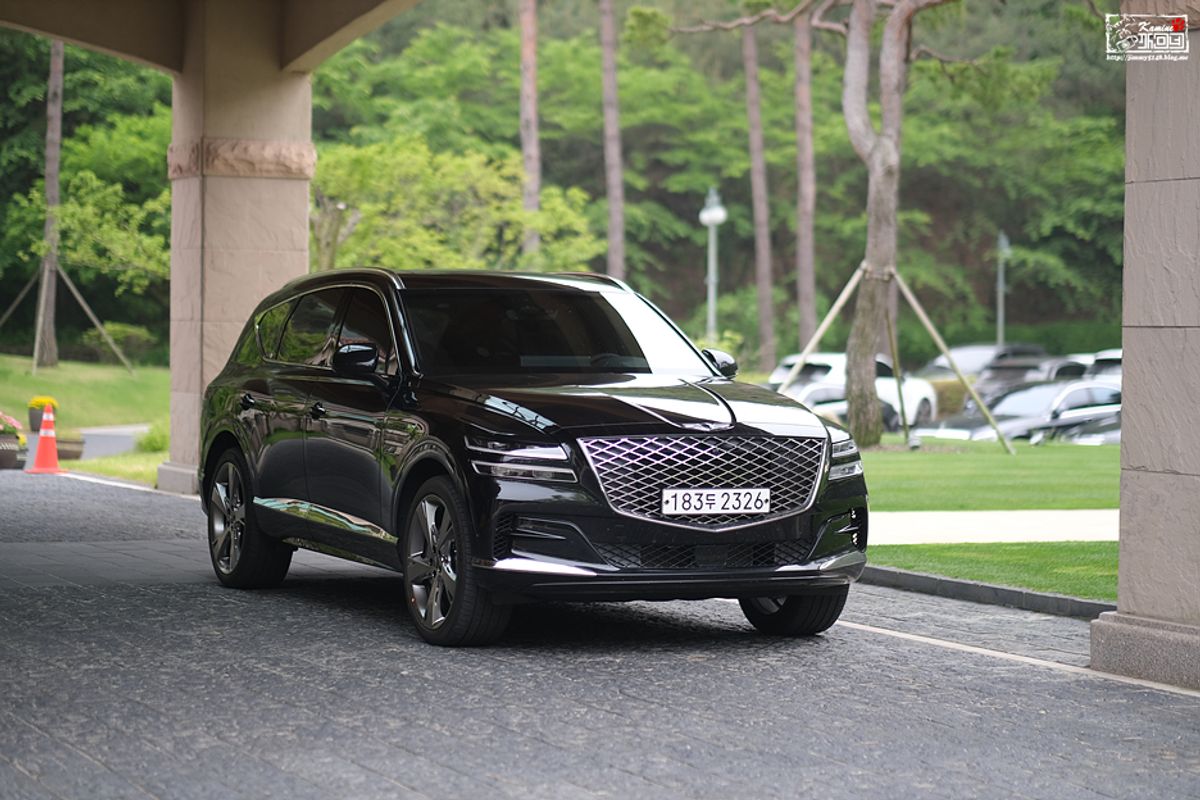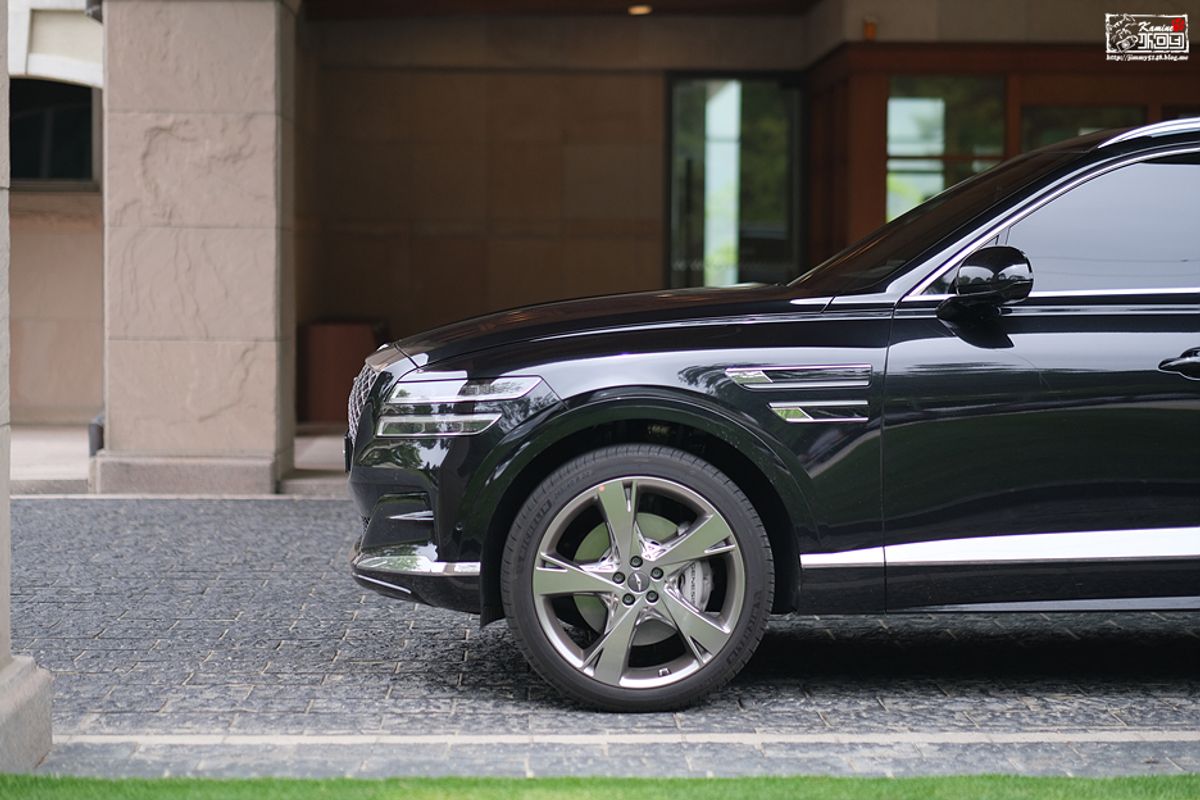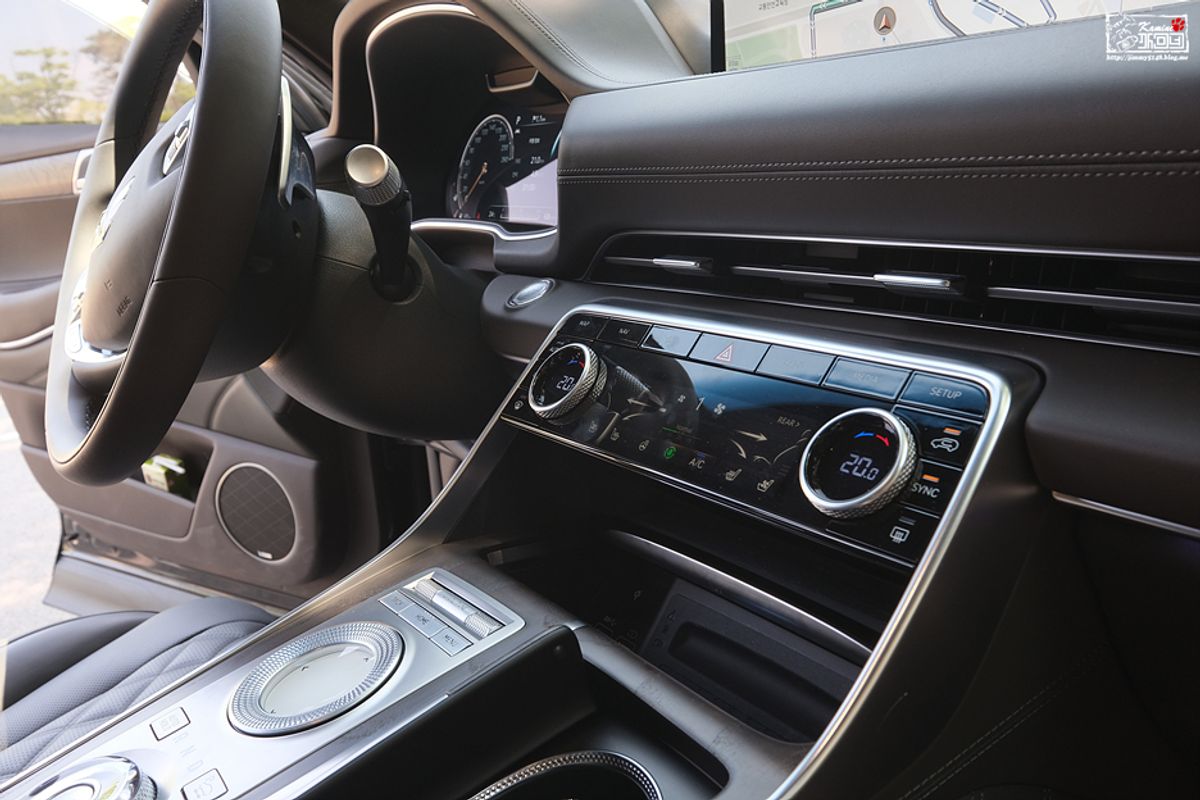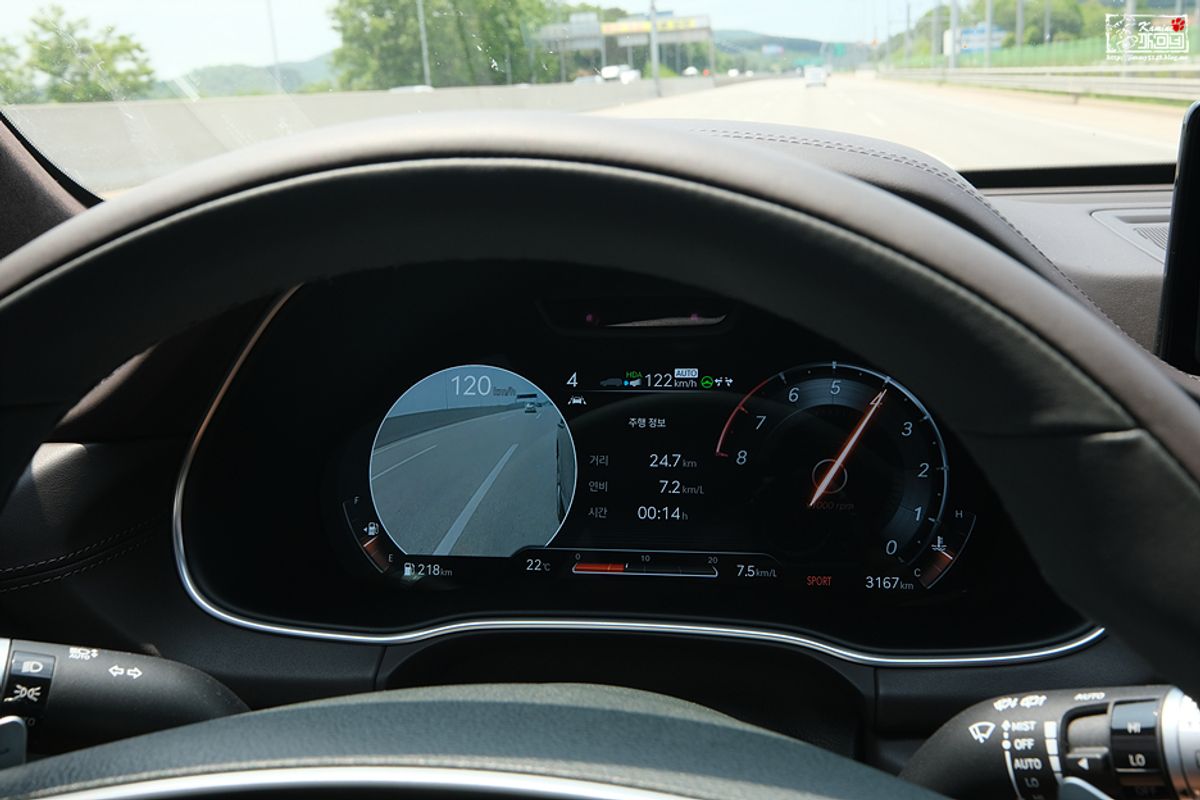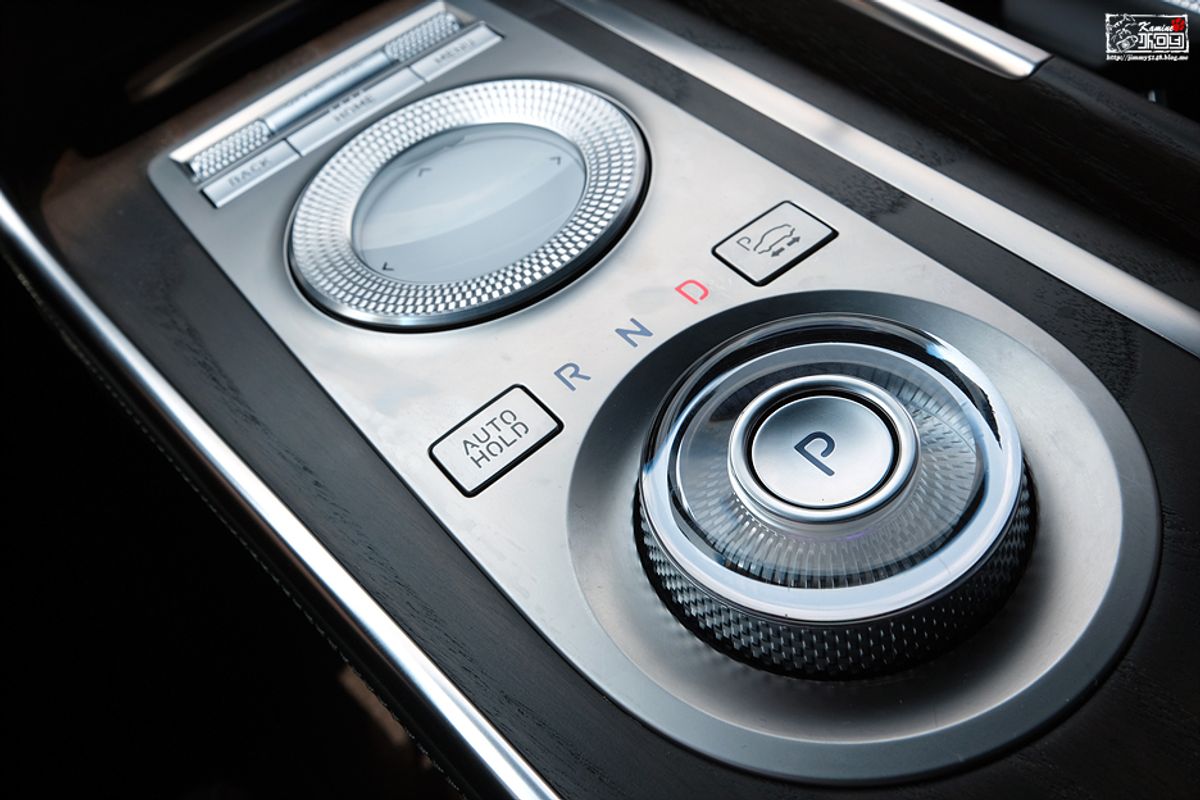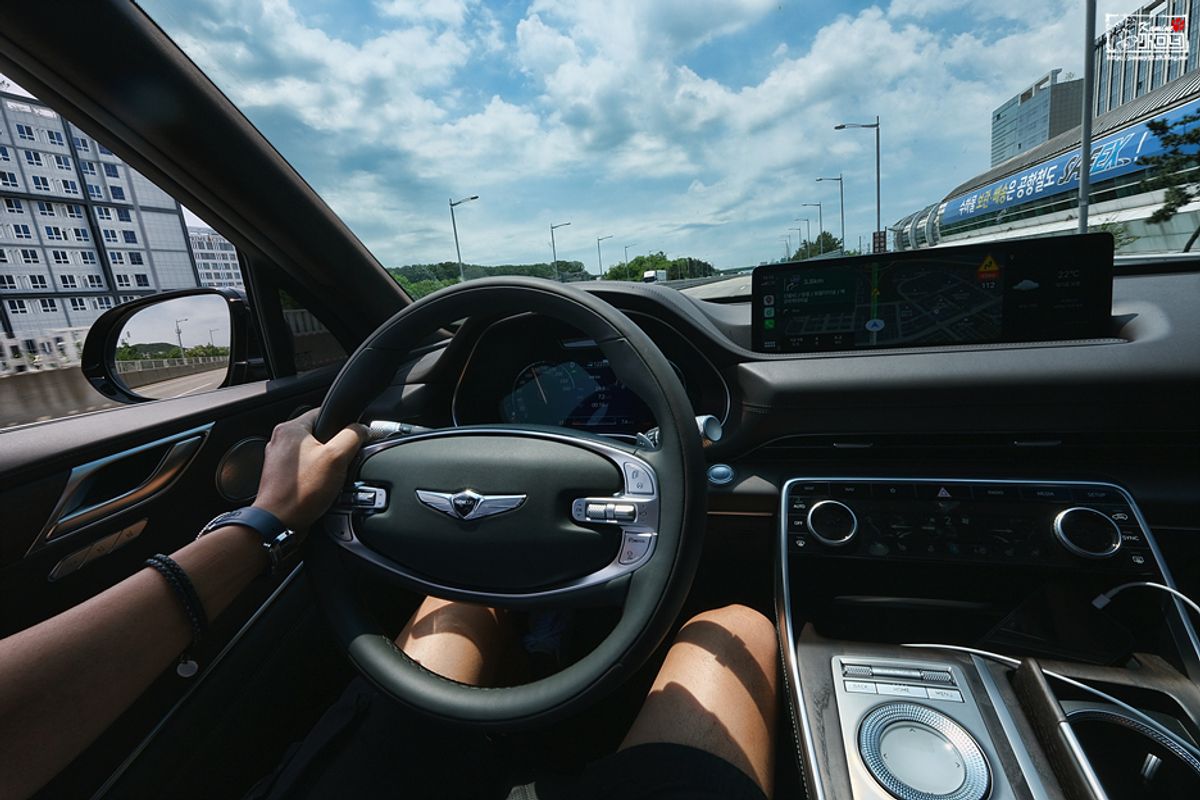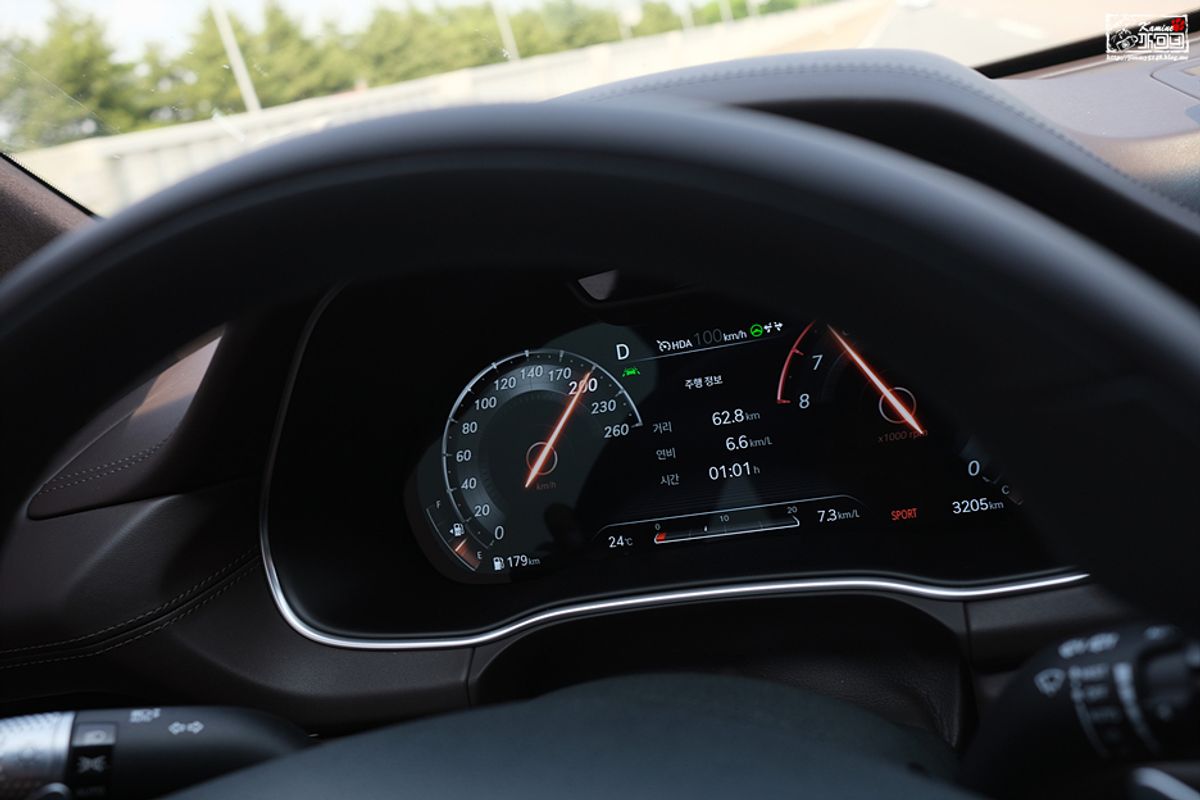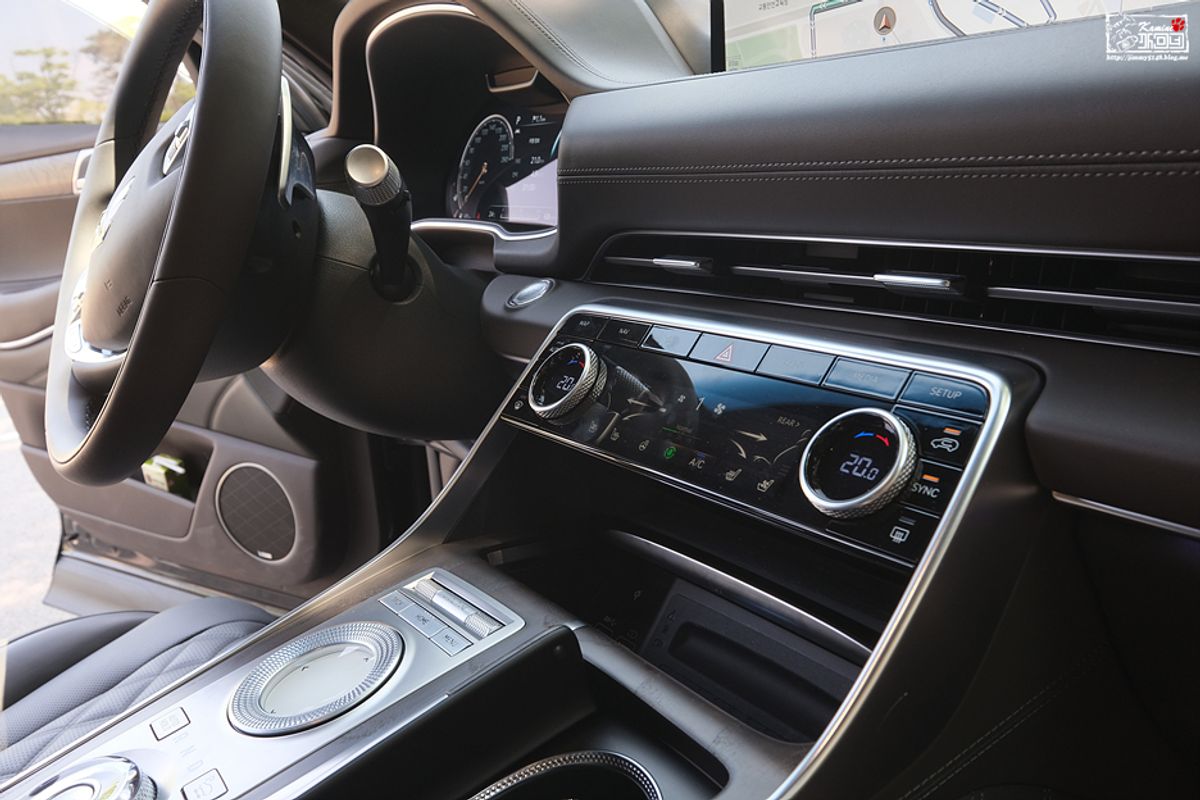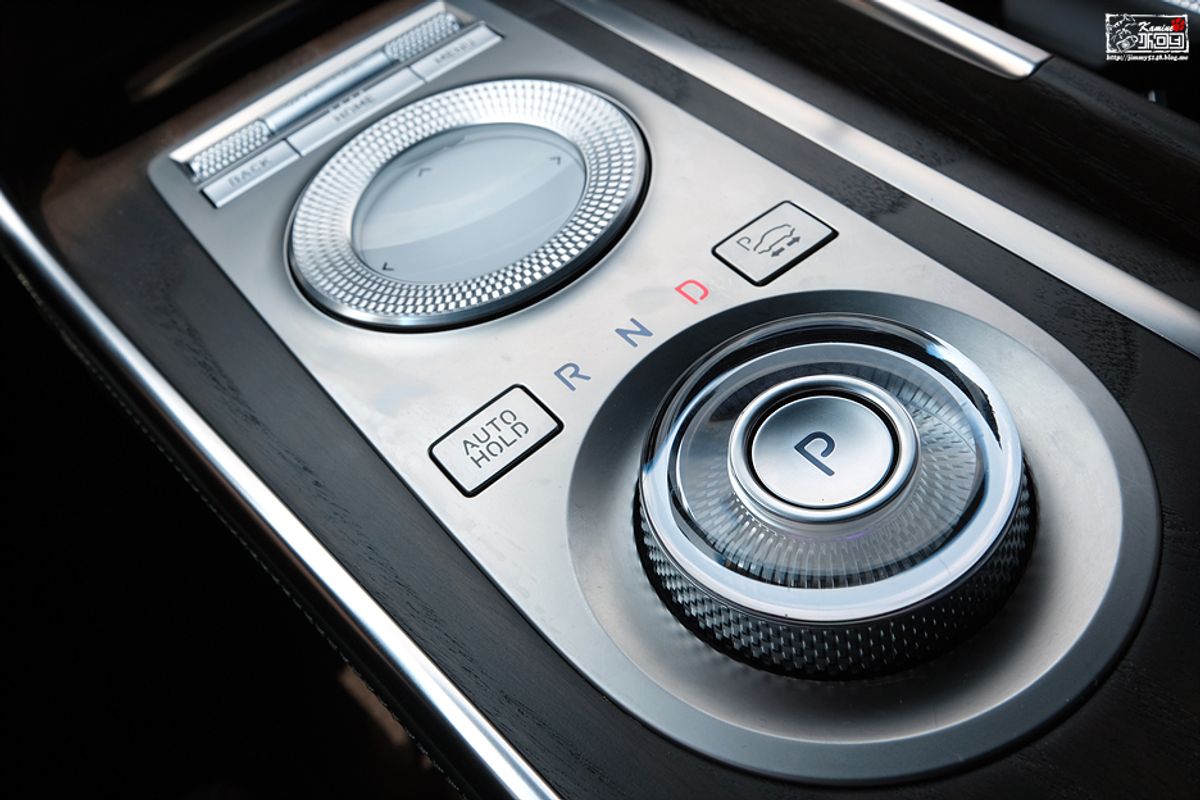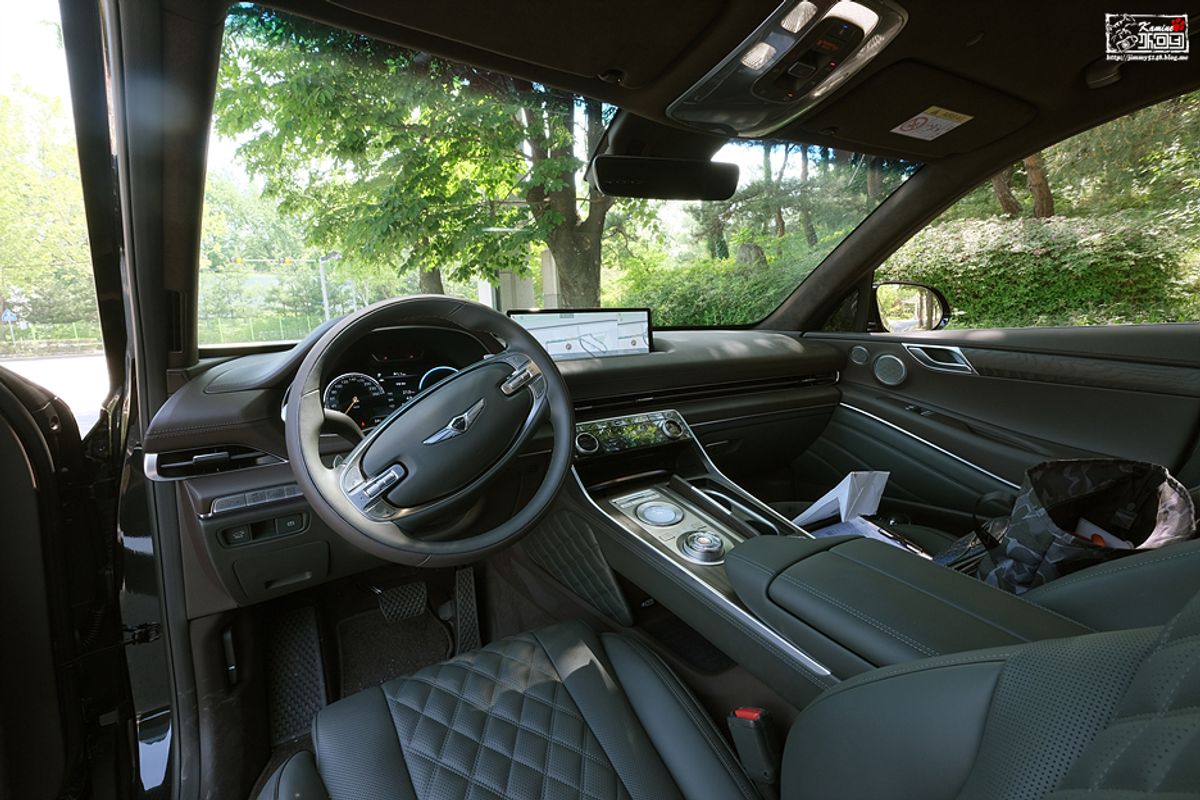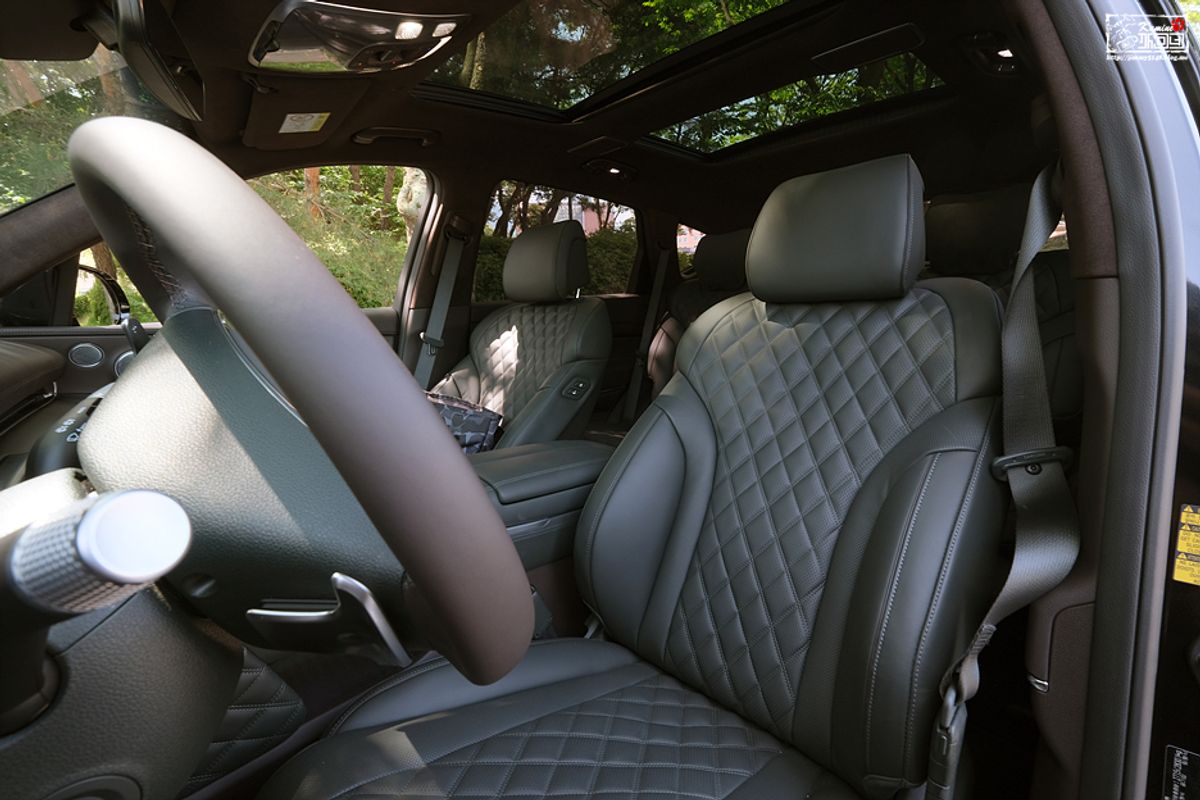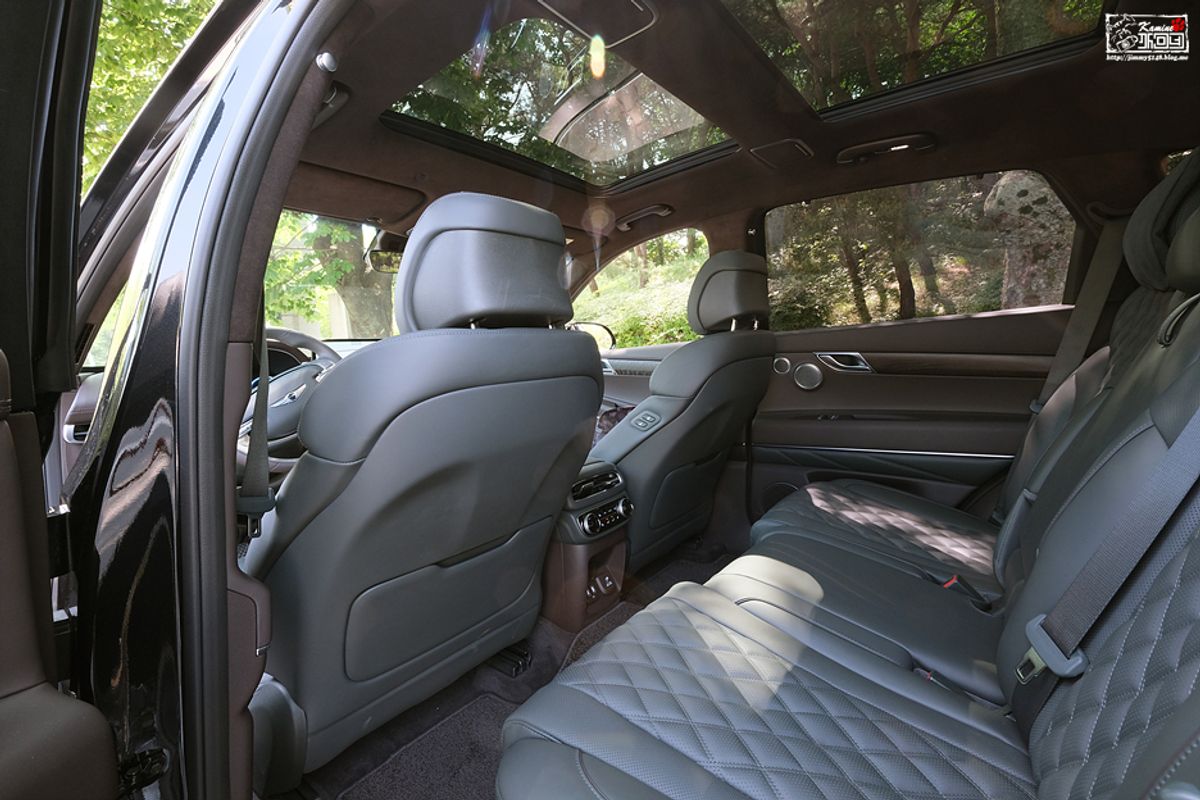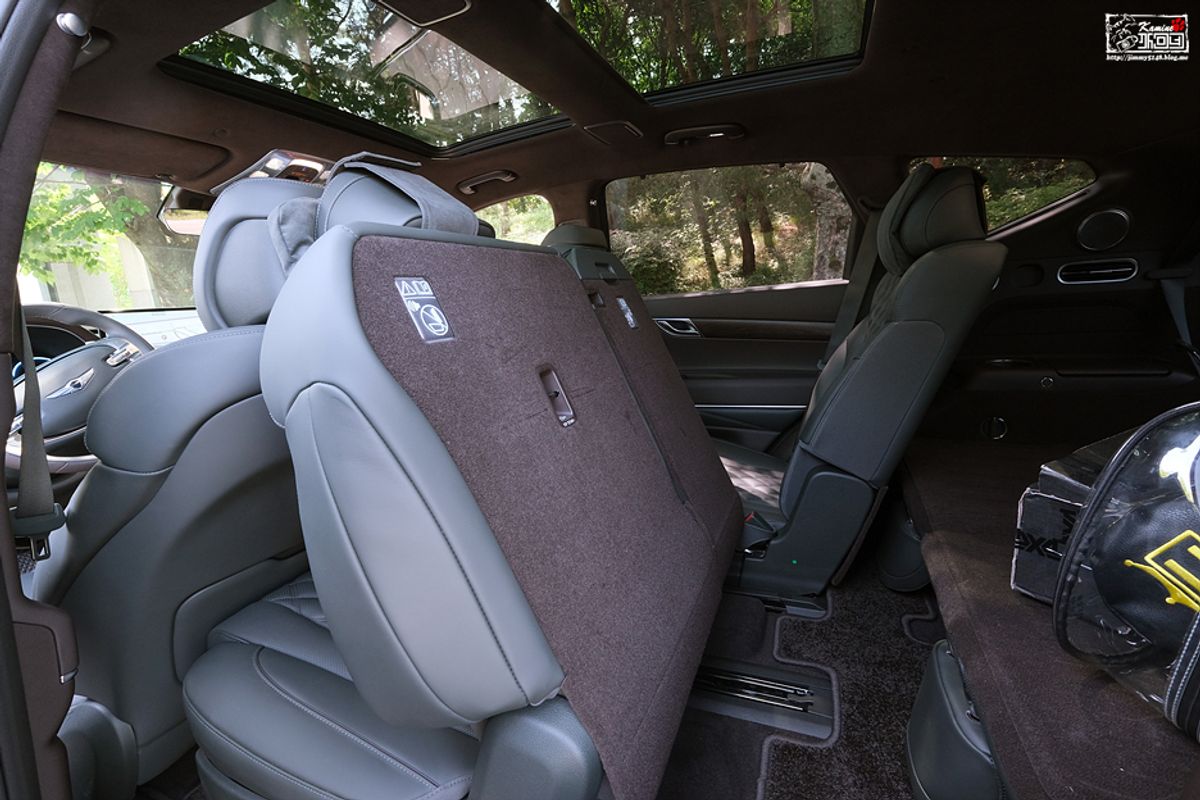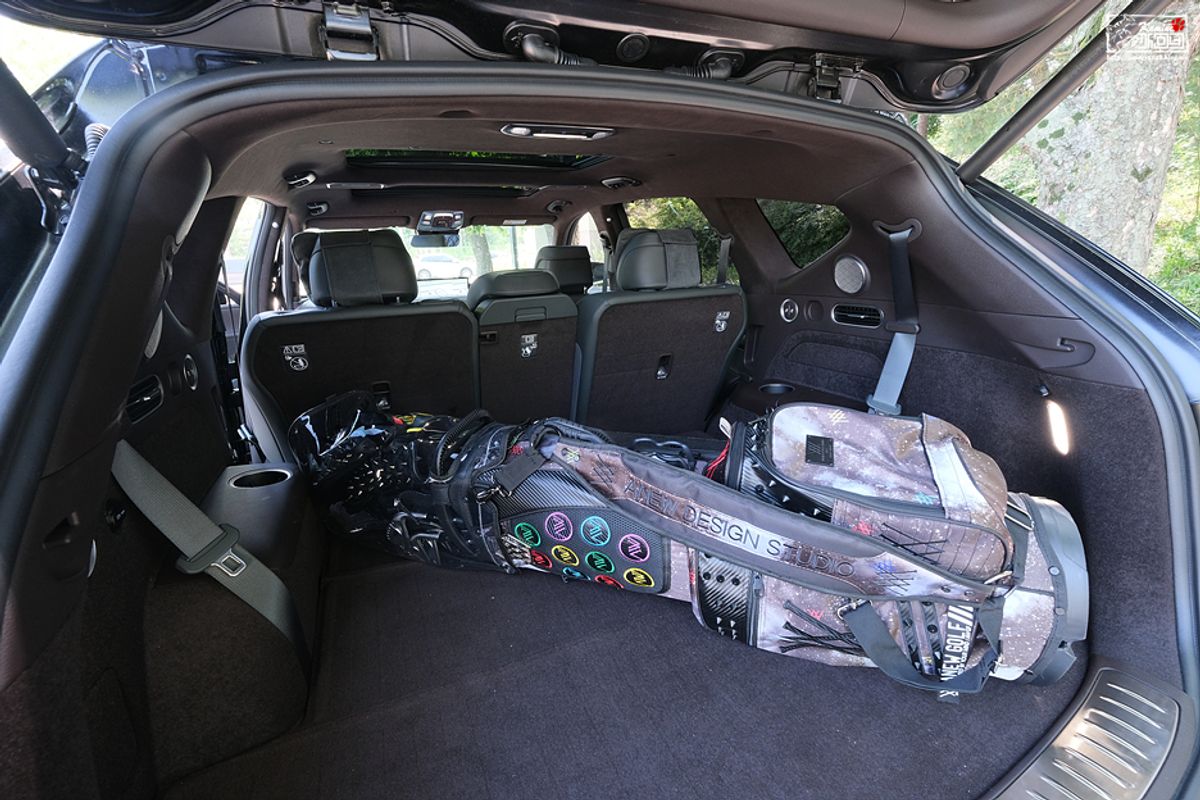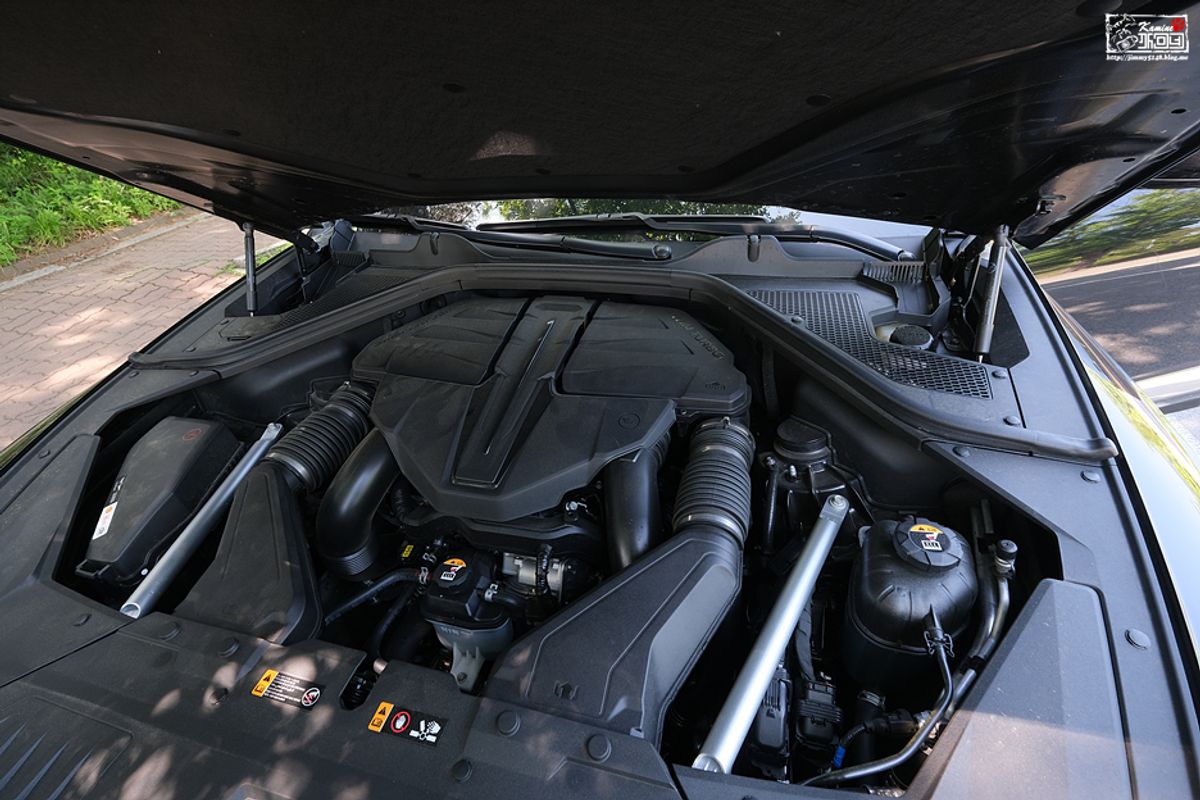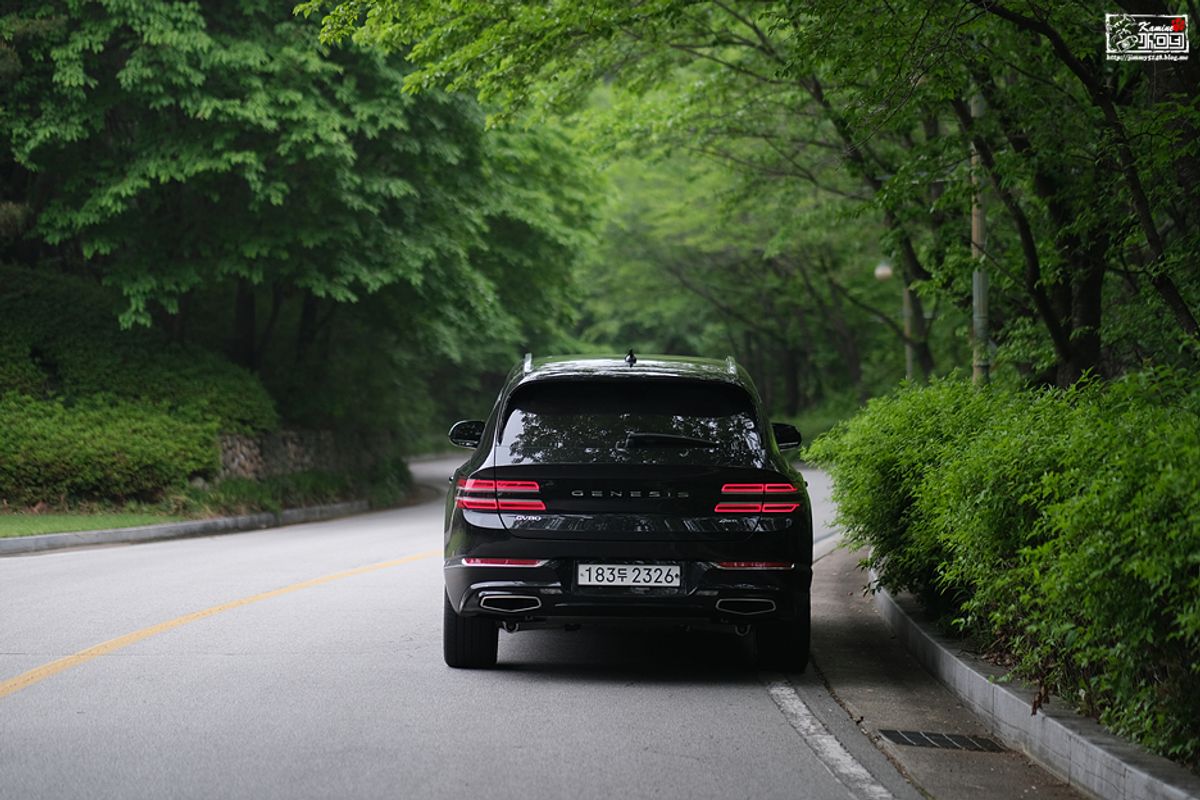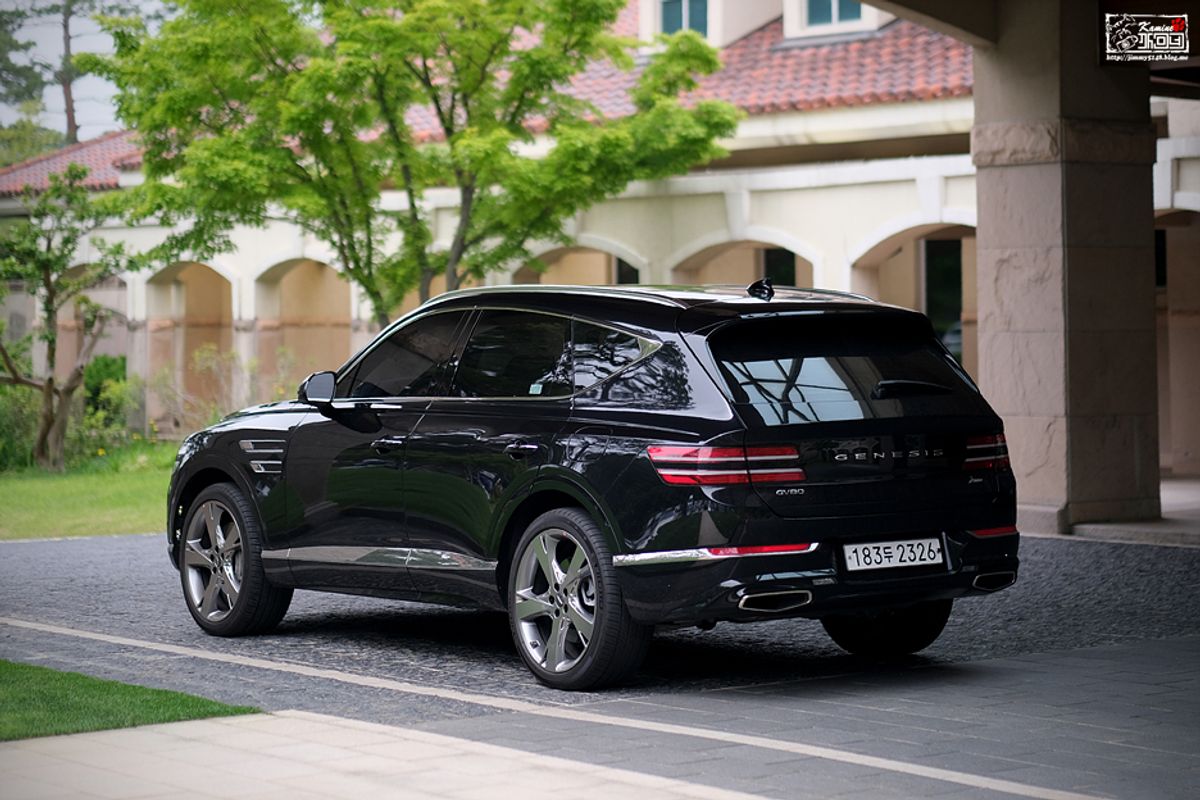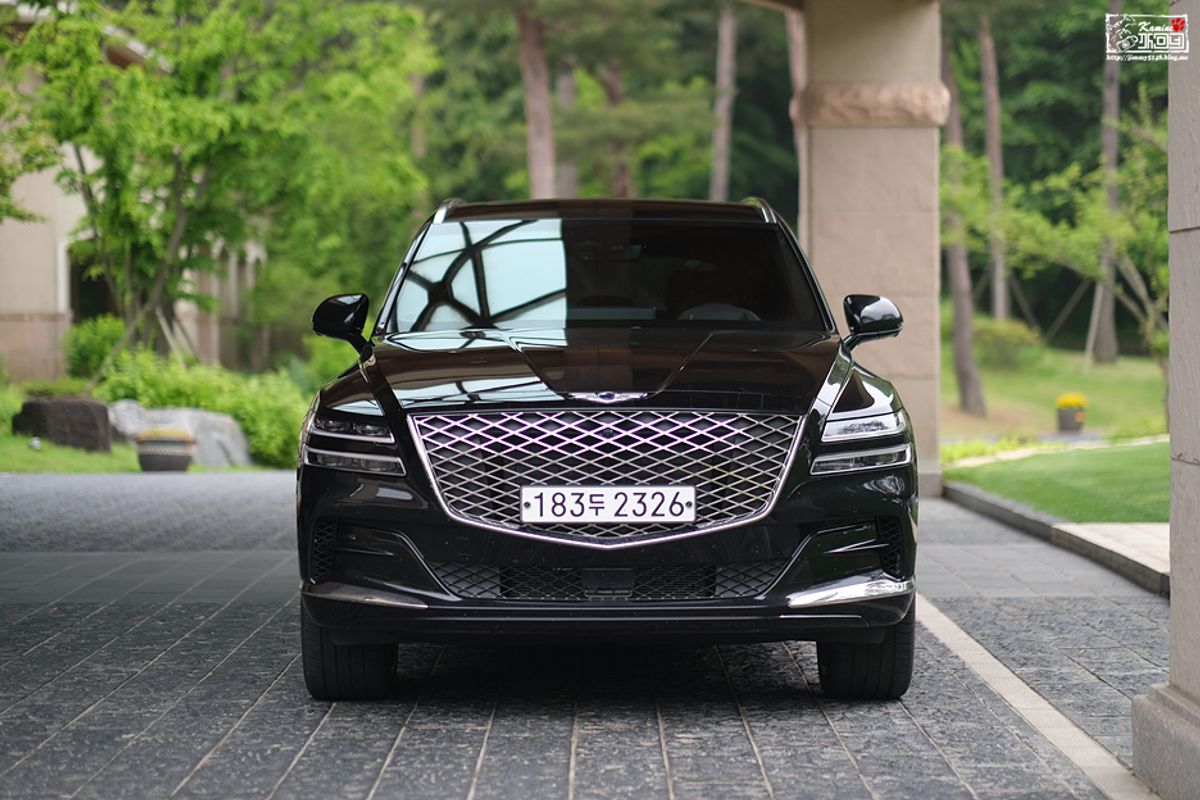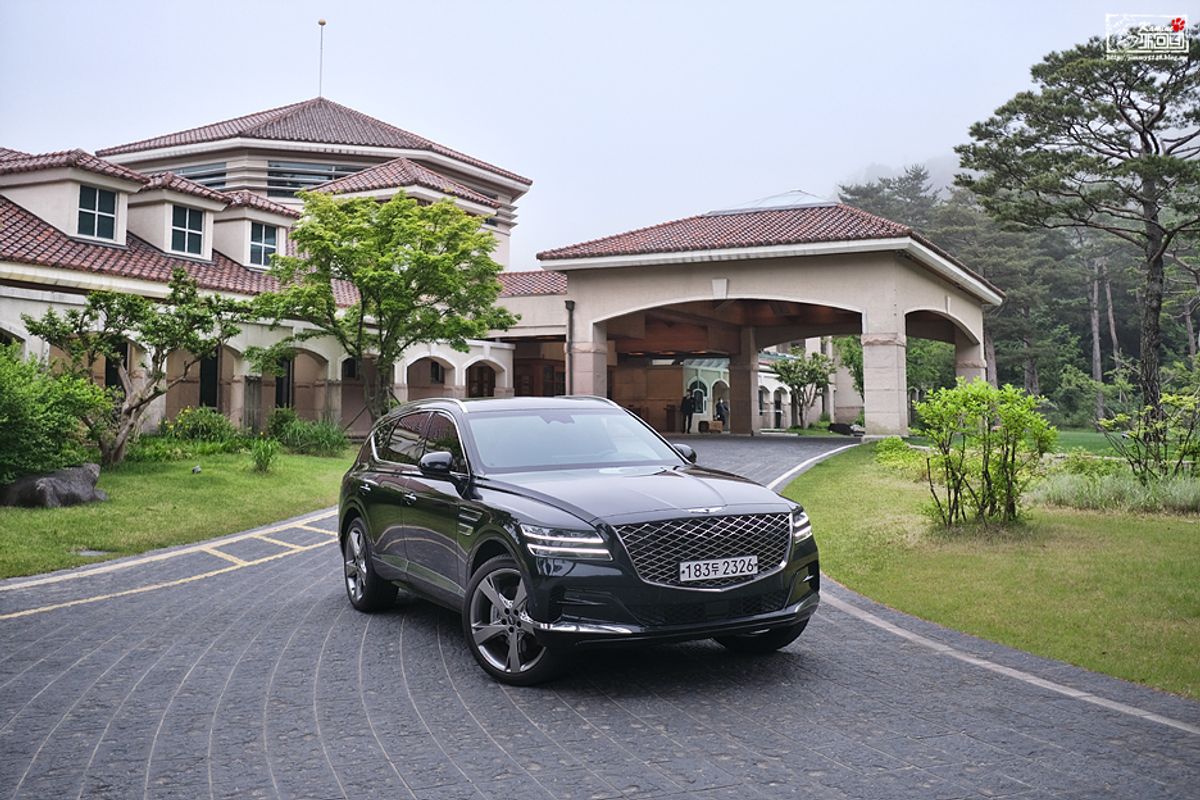Recently, we received some unfortunate news. The Genesis GV80 diesel model has a vibration issue due to a defect. While the cause has been identified, a precise solution to the problem still seems elusive. This raises concerns about whether this issue is related to last year’s delay in diesel certification that postponed the model's launch.
It’s hard to comprehend that a brand-new vehicle, which has been on the market for only six months, is experiencing vibrations due to carbon buildup in the engine. Reflecting on my experiences with various test drive vehicles after the GV80 launch, I noticed that reviews from media outlets and YouTubers never mentioned engine vibrations. Instead, they praised the model for being unusually quiet for a diesel and as smooth as a gasoline engine. And indeed, it was true...
Some media outlets occasionally stir controversy to attract views, but most evaluations indicated that a domestic vehicle finally emerged capable of competing with German premium imported SUVs. The satisfaction level was high, and one common criticism was the unexpectedly high price.
However, even with a full-option price exceeding 90 million won (approximately $67,000), the significantly more luxurious interior, cutting-edge autonomous driving technology, and various convenience options compared to similarly priced imported SUVs made it hard to dismiss. There were also opinions that Genesis had truly earned this price point!
I still support Genesis. I admire Hyundai for continually recruiting top talent from luxury automotive brands and investing in technology development. Their passion for creating a competitive domestic premium brand deserves applause. I genuinely hope they succeed.
As a result, Genesis successfully launched its first SUV, the GV80, followed by the new G80 and the soon-to-be-released G70 facelift. Looking back at the Genesis Coupe and the BH and DH generations, it’s clear that the brand’s value has significantly increased.
The unique design identity of the premium brand Genesis seems to have taken root. Amid this rapid ascent, the emergence of a diesel engine vibration issue is truly shocking news. The greatest disappointment likely falls on the owners who purchased the GV80 diesel and are waiting for delivery. Hyundai officials, who hoped to elevate the brand to a global premium status, must also feel deeply troubled.
Other issues reported apart from the engine vibrations are common in complex electronic systems of imported cars, so as long as they don’t lead to serious accidents, they can be understood. I drive a Porsche myself, and I’ve experienced instances where the gear shift wouldn’t work due to sensor malfunctions. What’s more, brands like Mercedes-Benz and BMW have faced complaints about incomplete combustion. Compared to those, Hyundai’s issues are relatively minimal.
However, it’s disappointing to see how such amateurish problems can arise in a company like Hyundai, which employs highly skilled researchers and engineers. Although Hyundai’s history is relatively short, they have rapidly grown and faced their share of criticism. All the effort to build trust with customers could be shattered in an instant.
It seems that those who have been eager to criticize Hyundai, often prioritizing sensationalism over facts, have finally received their “food for thought.” Watching them pounce on this news was frustrating, even though I’m not affiliated with Hyundai.
I still believe that the Genesis GV80 is a well-made vehicle. The 3.5T gasoline model I recently test drove was genuinely satisfying. Its performance, which accelerates smoothly into the Y-range, paired with the V6 gasoline twin-turbo engine and 8-speed automatic transmission, offers an incredibly smooth and stable driving experience. The fuel efficiency of around 6 kilometers per liter doesn’t even feel like a drawback.
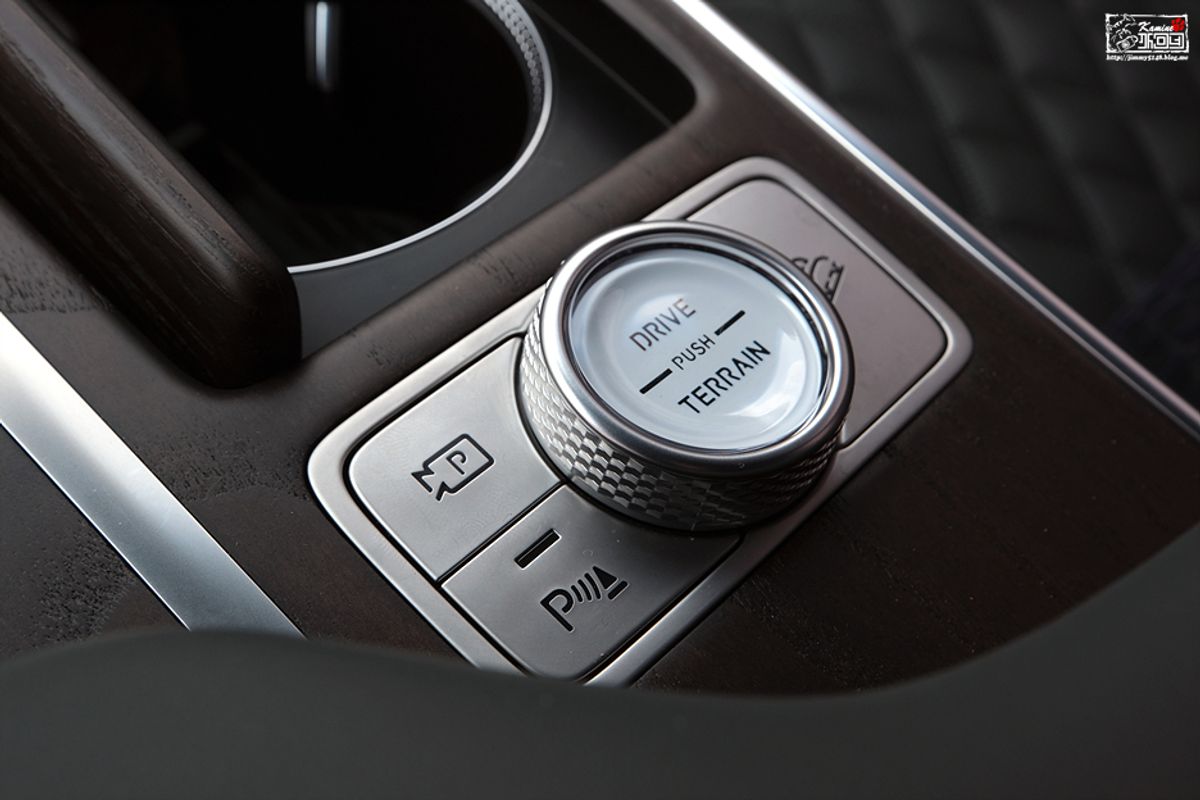
The unique exterior design, luxurious interior, power-adjustable 7-seat third-row seating, and trunk space have been discussed extensively, so I will skip those details this time. Please refer to other test drives for that information!
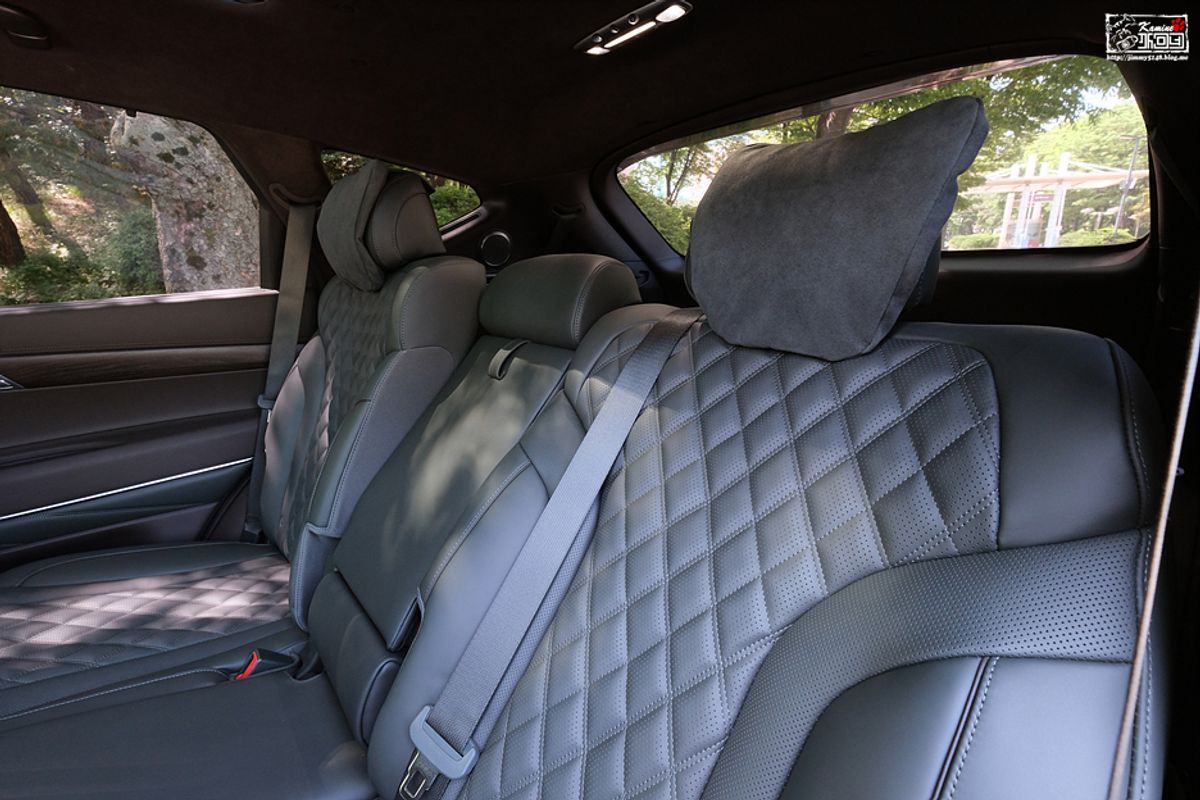
Yes, this is how a large SUV should look...
In time, the diesel engine vibration issue will likely be resolved, but customers won’t feel reassured just by extending the warranty (from 5 years or 100,000 kilometers to 10 years or 200,000 kilometers). The lingering discomfort of having purchased an imperfect new car will remain. I hope Hyundai finds a solution that satisfies both the company and its customers soon.
Moreover, I hope this incident allows the Genesis brand to mature further. I look forward to the day when I can proudly say, "I drive a Genesis," both domestically and internationally.
That’s all for now.
